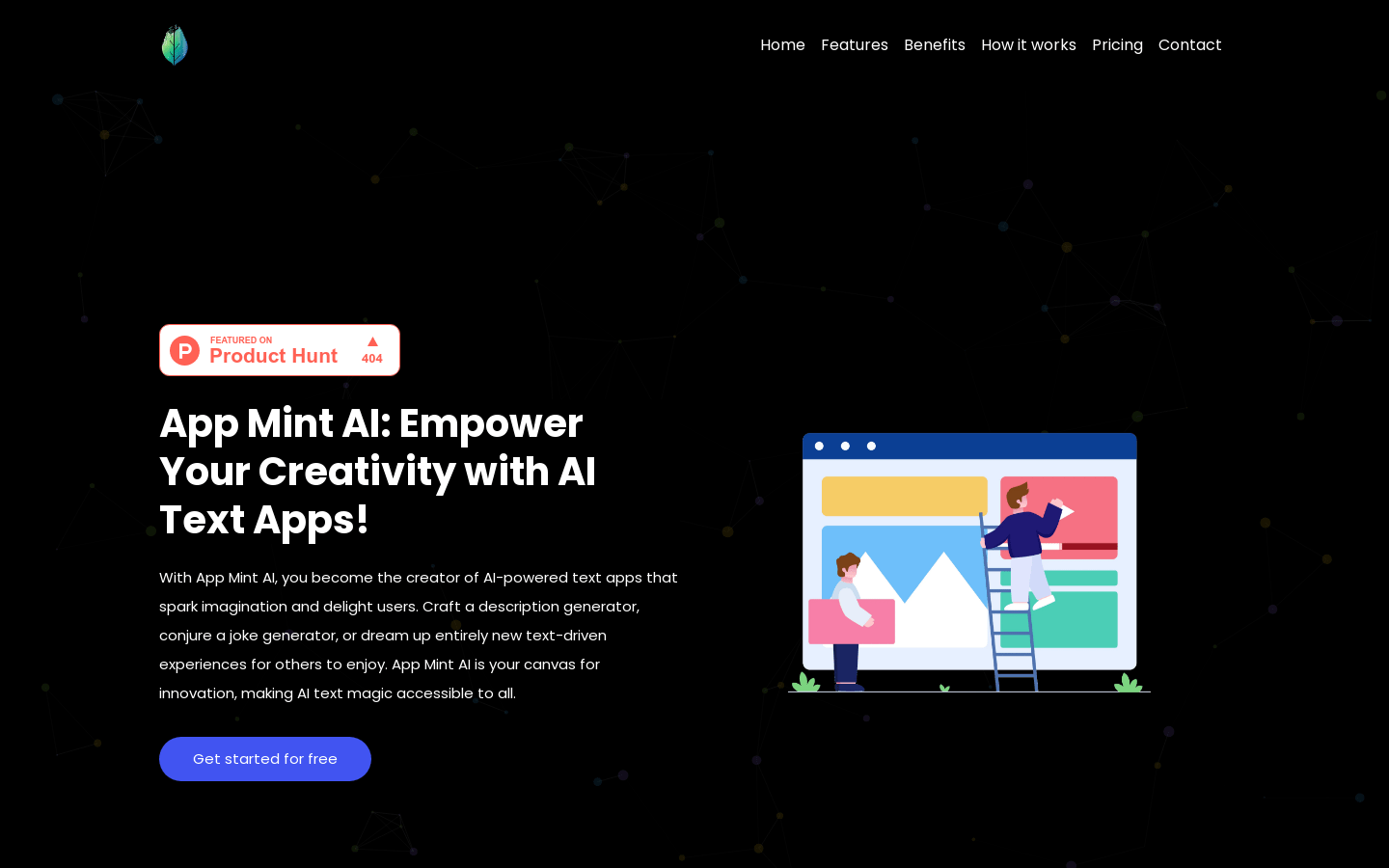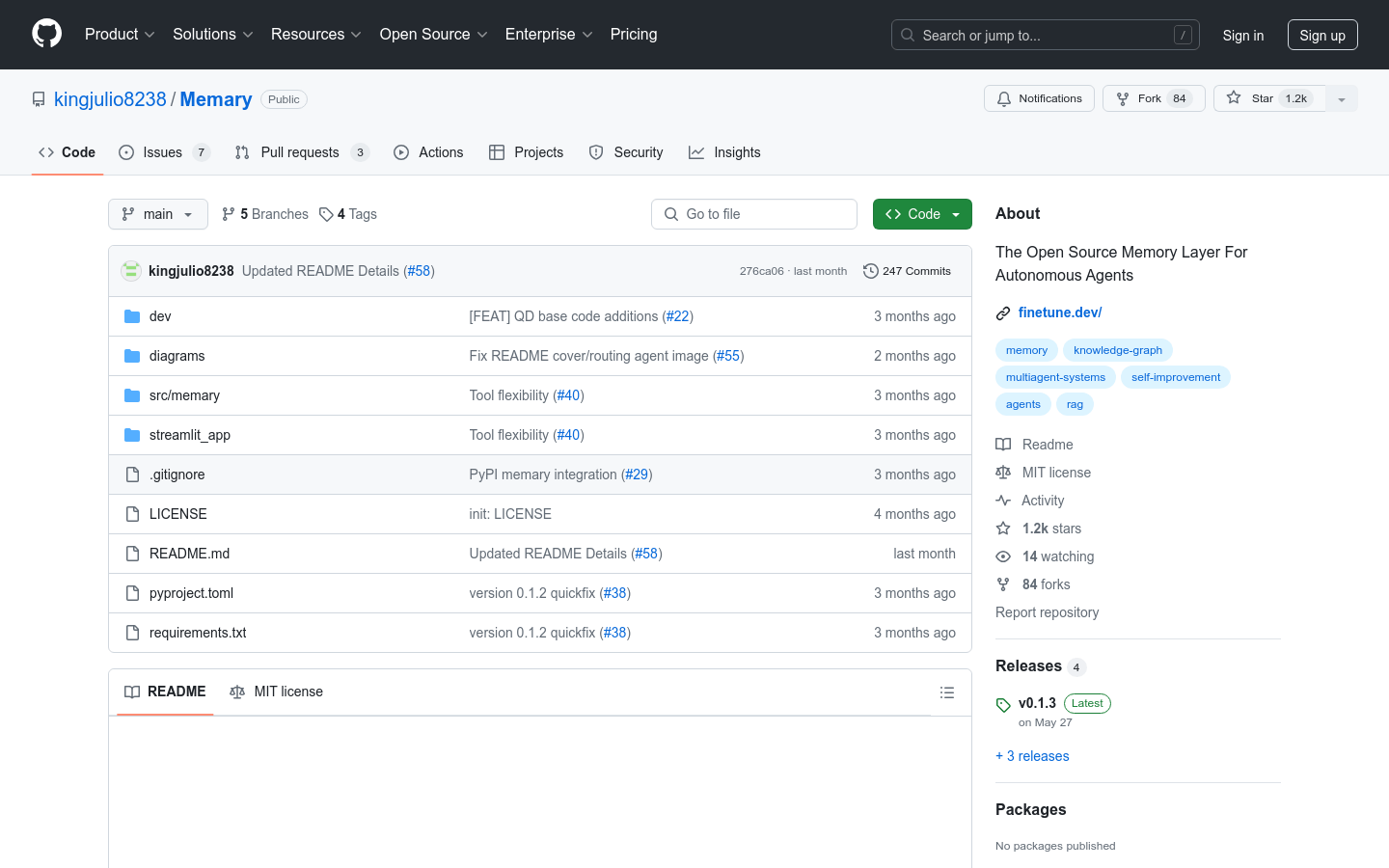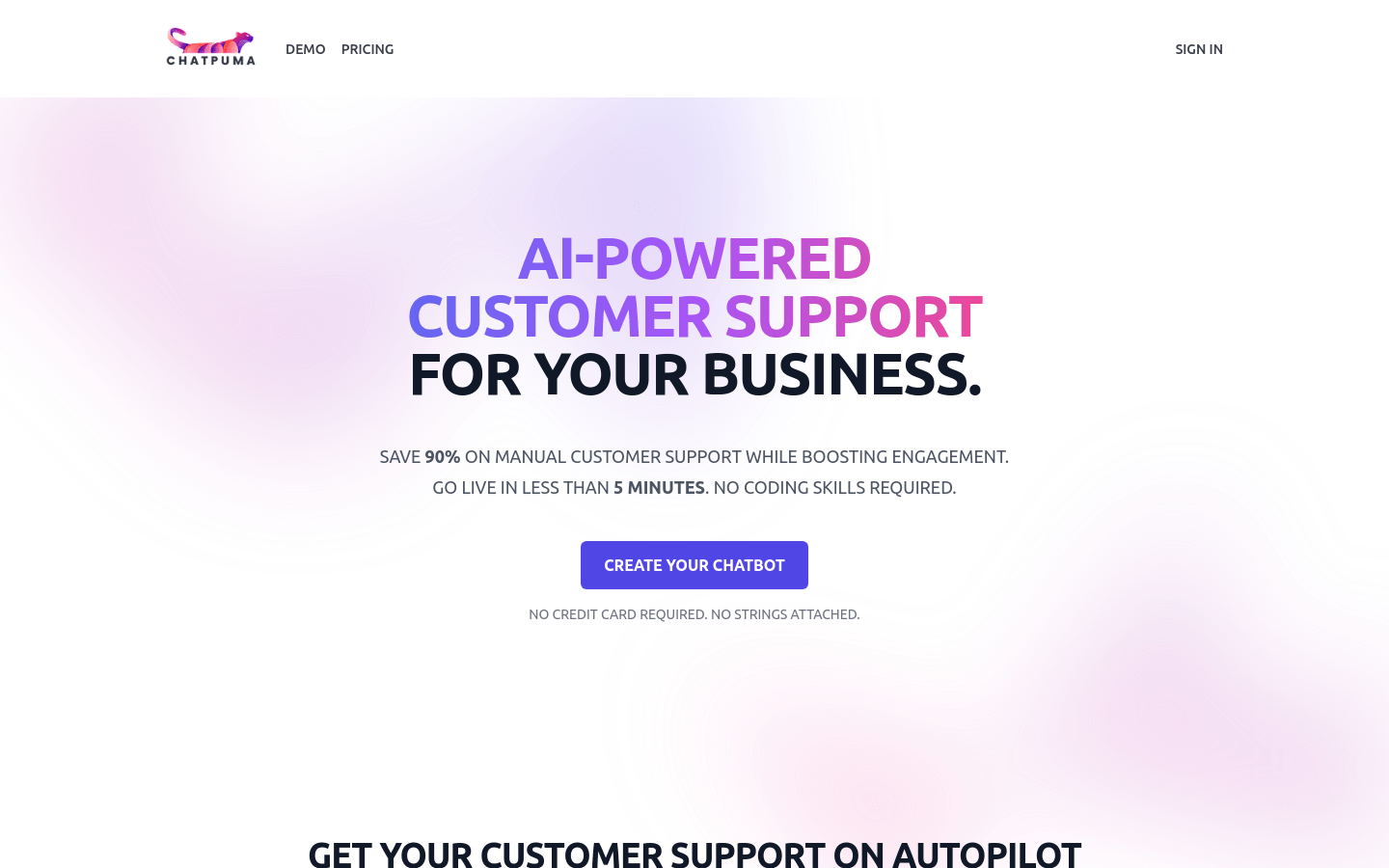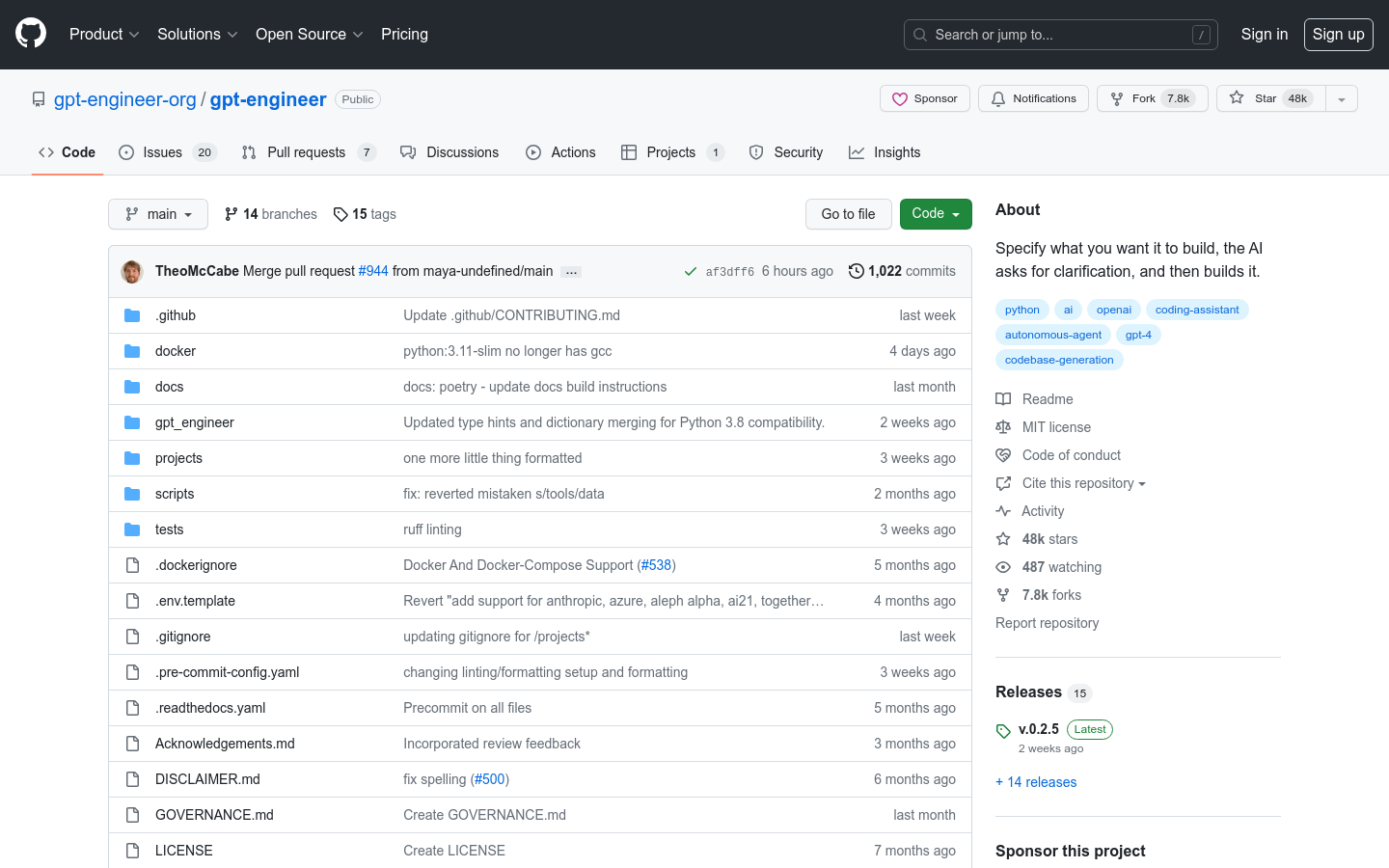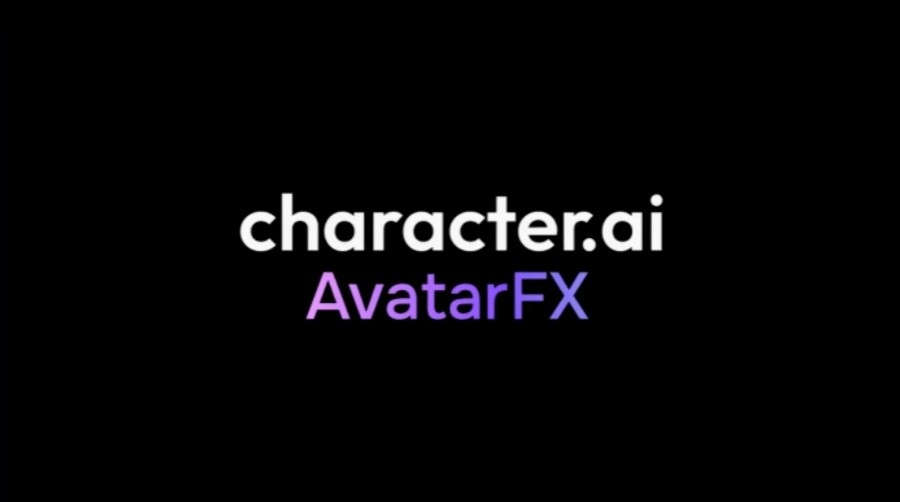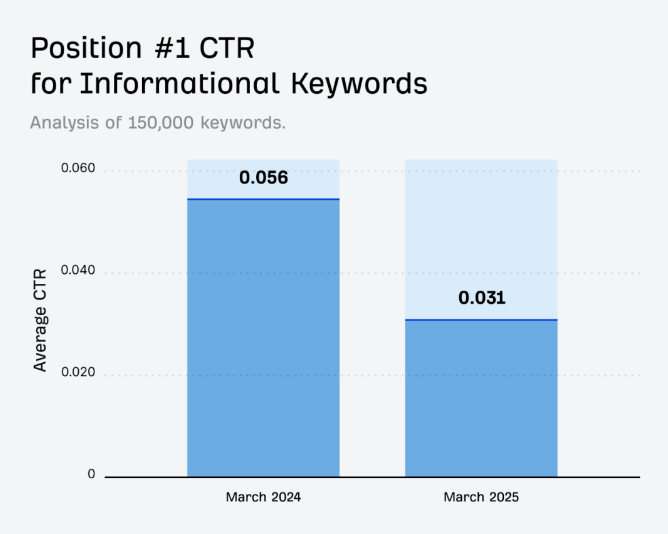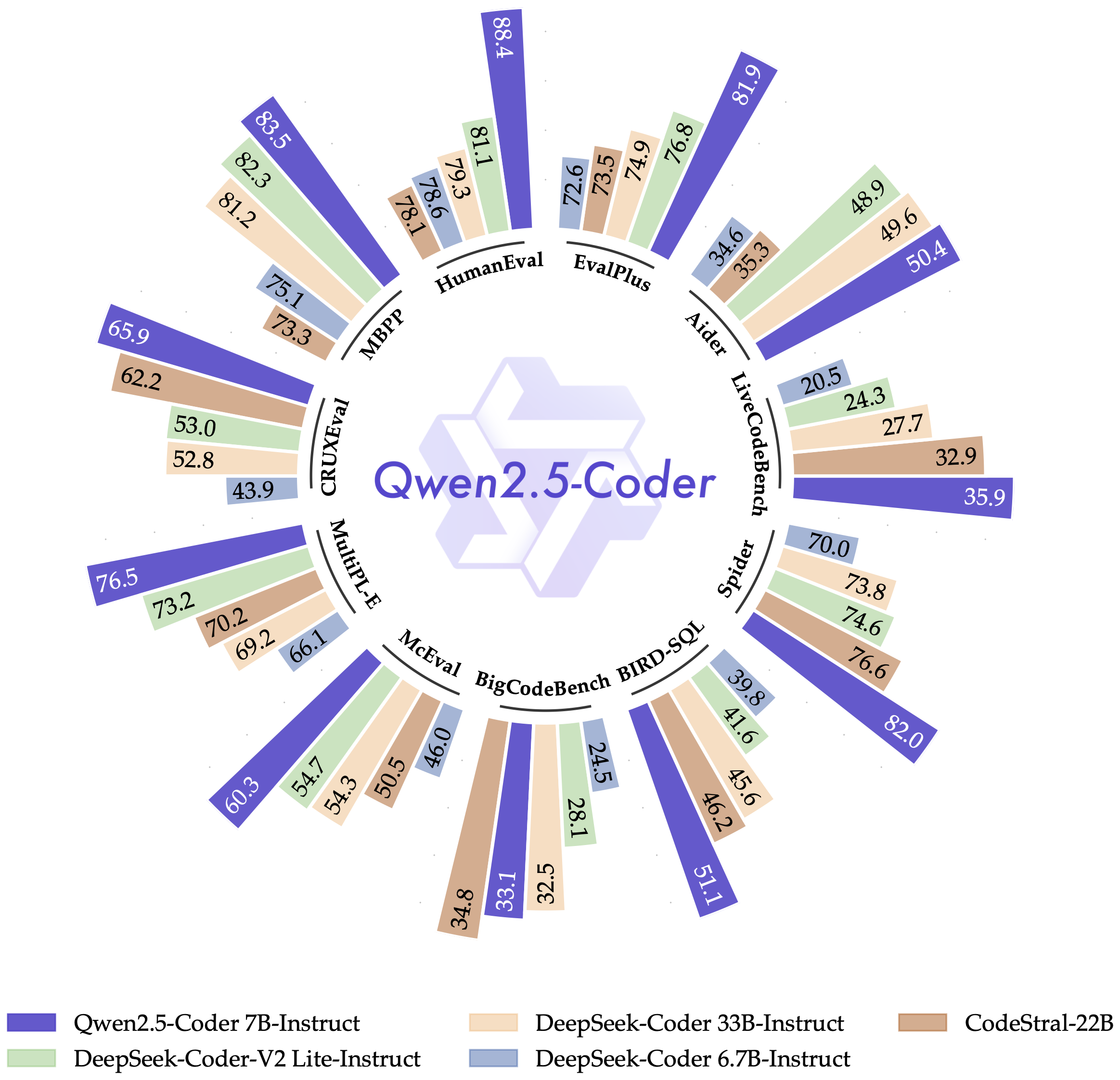
Qwen2.5-Coder is a member of the Qwen2.5 open source family, focusing on code generation, reasoning, repair and other tasks. It improves coding capabilities by amplifying large-scale coding training data while maintaining mathematical and general capabilities. The model supports 92 programming languages and achieves significant improvements in code-related tasks. Qwen2.5-Coder adopts the Apache 2.0 license and is designed to accelerate the application of code intelligence.
Demand group:
" Qwen2.5-Coder is suitable for software developers, programming educators and researchers. It can help developers improve programming efficiency and reduce code errors, while providing educators with rich programming teaching resources and researchers with powerful code analysis tool."
Example of usage scenario:
Developers use Qwen2.5-Coder to automatically generate code and improve development speed.
Coding educators use models to teach coding and help students understand programming concepts.
Researchers use Qwen2.5-Coder to conduct code analysis and explore new features of programming languages.
Product features:
Supports code generation, reasoning and repair in 92 programming languages.
Through instruction fine-tuning, multi-task performance and generalization are improved.
Excellent performance on a variety of programming language tasks, including niche languages.
Excellent performance in code reasoning tasks, improving the ability to follow complex instructions.
Excellent performance in both coding and math tasks, strengthening the image of a science student.
The general capability advantage of Qwen2.5 is maintained.
Usage tutorial:
Visit Qwen2.5-Coder ’s official website or GitHub page.
Read the model's documentation to understand its functionality and usage limitations.
Download and install necessary software dependencies and environments.
Set model parameters and configuration files according to the documentation guidance.
Enter code or instructions to start using Qwen2.5-Coder for code generation, reasoning or repair.
Evaluate the results of the model output and make adjustments and optimizations as needed.
Participate in community discussions, provide feedback on your experience, and jointly promote the development of the model.
